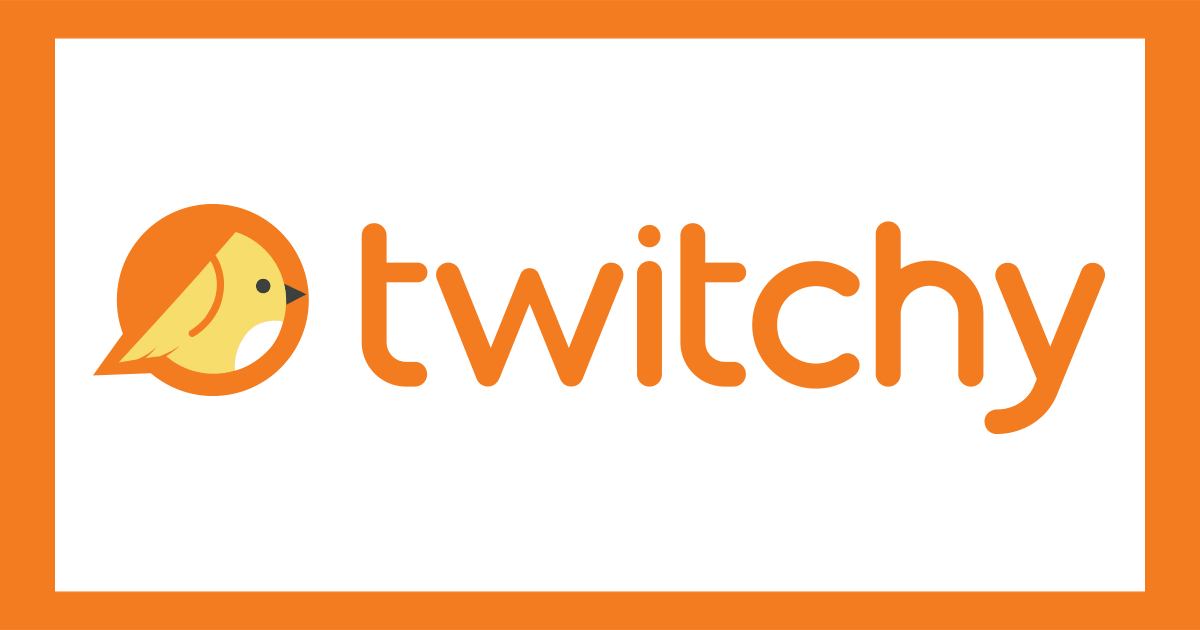The Inflation Reduction Act has been signed into law, although most of the stories being written about it ignore inflation reduction completely and instead refer to it as the biggest investment in climate change ever.
MSN.com had this to say about how low-income families can adapt to rising temperatures:
… the price of new electric vehicles is out of reach for most lower-income families and the current tax credit is only applied to the purchase of new electric vehicles. The bill would provide a reduced credit of $4,000 for used electric vehicles, increasing the accessibility of electric cars for lower-income families. The credit would only be available to individuals with incomes of up to $75,000 and $150,000 for those who are filing jointly.
The savings for lower-income families will be significant. The combined benefits from electrifying their homes with an electric heat pump for heating and cooling, purchasing an electric vehicle and installing solar panels according to a recent report by Rewiring America, would save $1,800 a year. For lower income households these savings will be transformative, reducing their energy bill by about 30 percent.
Don’t let “climate advocate” in meteorologist Ryan Maue’s Twitter bio set you off … he’s one of us.
Lower income households will see huge savings of $1800/year on energy costs from Inflation Reduction Act while fighting climate change.
How to get these "transformative" savings?
Purchase new electric car, install solar panels, and electric heat pump.https://t.co/1dAfIs2lhF
— Ryan Maue (@RyanMaue) August 16, 2022
Recommended
Oh yes, living in a cheap old apartment, I'm sure my landlord will jump right on this.
— Crazizzle👾 (@Crazizzle) August 16, 2022
“It pays for itself in 100 years.” 🤓
— Angela 💭 (@ms_babyrussell) August 16, 2022
The question is will someone with a lower income see this as a need? Will this investment get them ahead? Let's say they own a house. They have the cash. Should they install solar or upgrade the kitchen? What will get them the most bang for the buck when they sell?
— Andrew Siffert (@AndrewSiffert) August 16, 2022
Not clear how anyone is affording the huge upfront costs to remodel their kitchen, put solar panels on their roof, and install a new furnace.
— Ryan Maue (@RyanMaue) August 16, 2022
Step 1: Buy 40-60,000 EV
Step 2: Install home 700$ EV charger.
Step 3: Install solar panels, battery bank and wiring- 25,000 ish
Step 4: Save 1800 dollars?My sister works at Taco Bell. She’s the definition of low income and there’s no way in hell she could swing this.
— Salty (Disposable, Medical Type; 1 Each) (@anccpt) August 16, 2022
😂I can’t afford an electric car. I can barely afford food. Thanks for nothing
— connie willis (@Granny_Willis) August 16, 2022
Oh yeah… a veritable windfall for those who don't have money for a new electric car, solar panels, and heat pump. 😜
— GrilledTomatoes (@TomatoesGrilled) August 16, 2022
Even if we could manage that, that “savings” is less than a third of the increased cost of living Biden’s inflation has already caused.
— Nick Talbot 🍊 (@NickTalbot20) August 16, 2022
Yeah those are all things lower income households are likely to do.
— DJ (@jonestownjammer) August 16, 2022
As everyone in the Biden administration keeps trying to tell us, we’re in a “transition” and this is what the transition looks like.
Related:
‘Quite insane’ –> Climate Advocate Ryan Maue takes Biden and his possible ‘national climate emergency’ APART in threadhttps://t.co/Jr4hiMW0vn
— Twitchy Team (@TwitchyTeam) July 19, 2022
























Join the conversation as a VIP Member